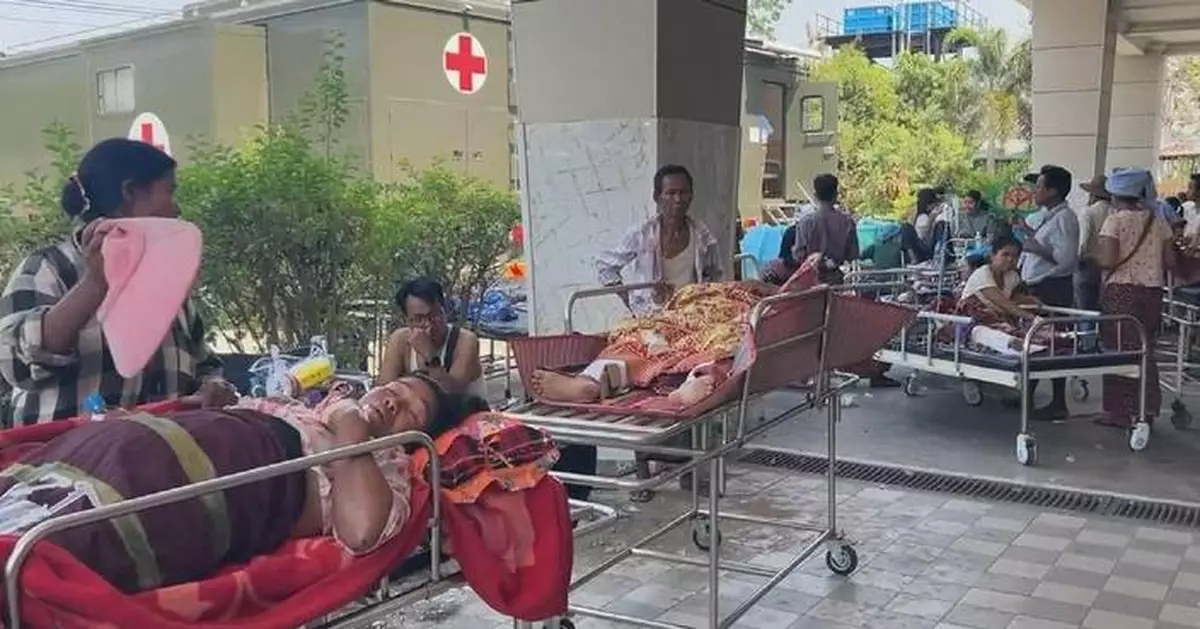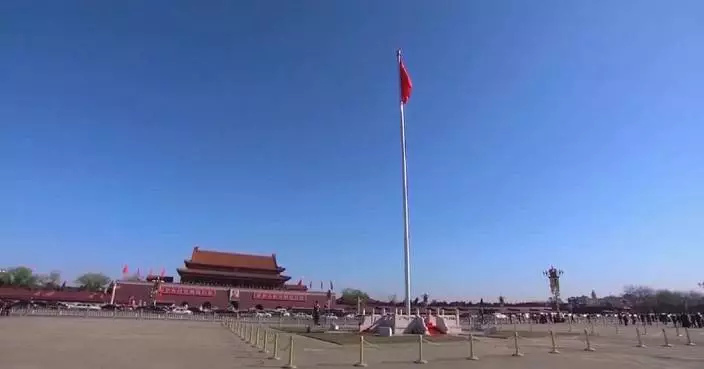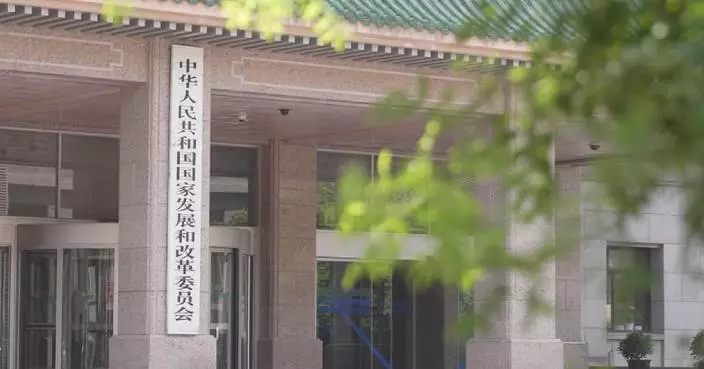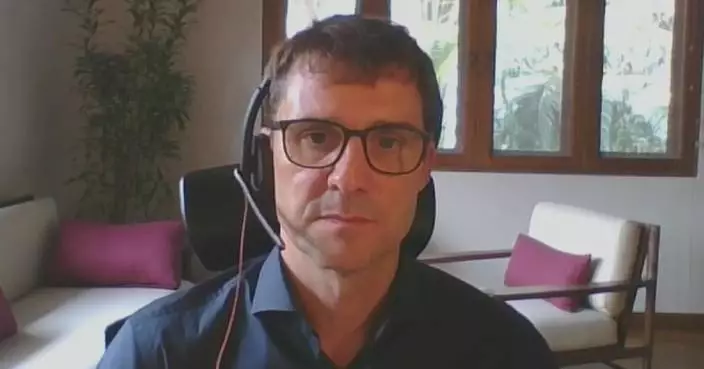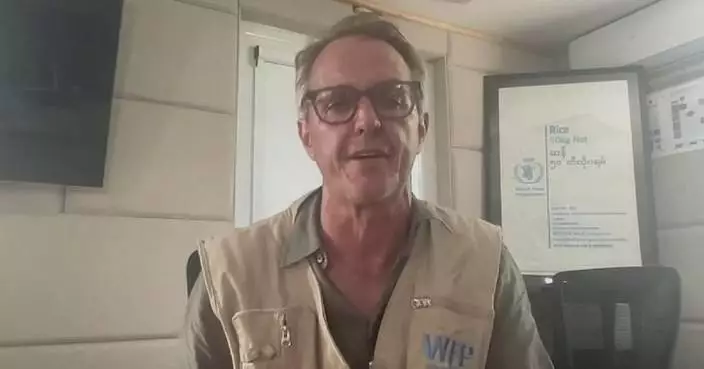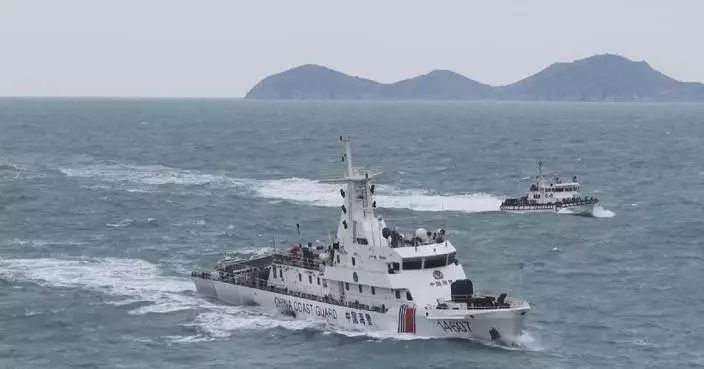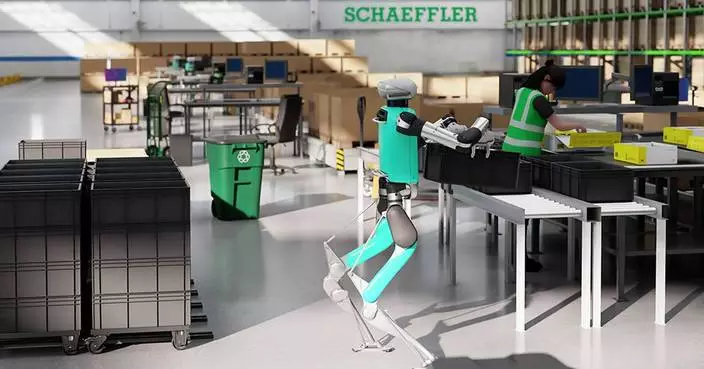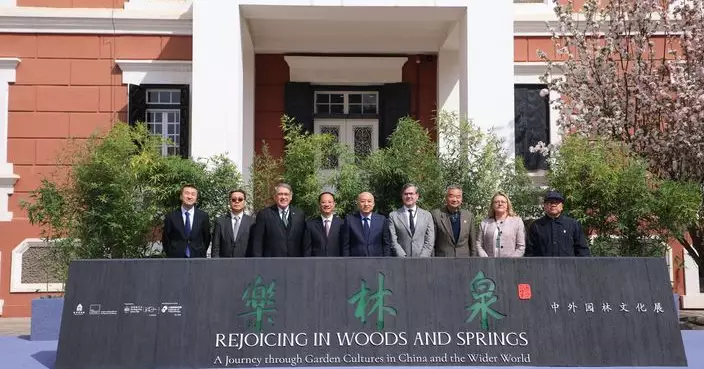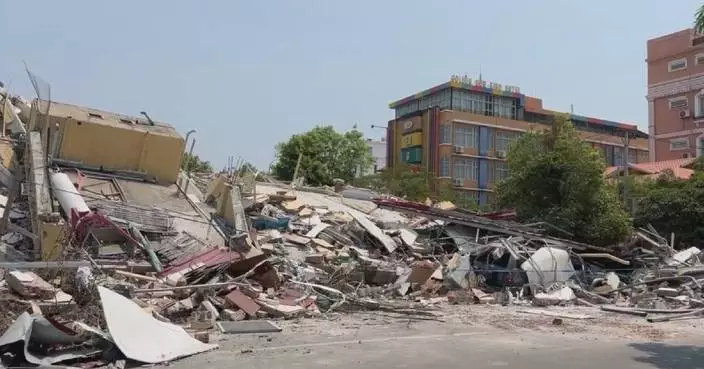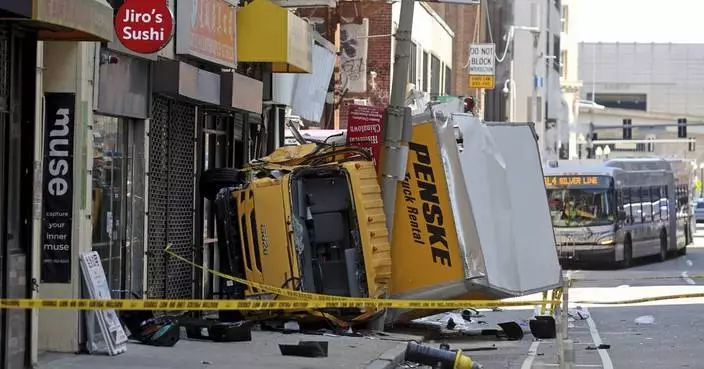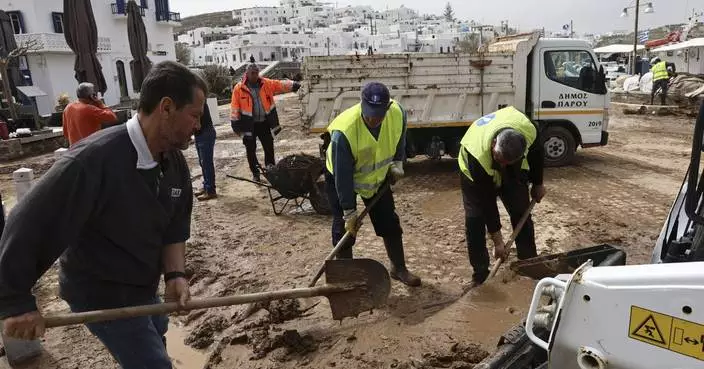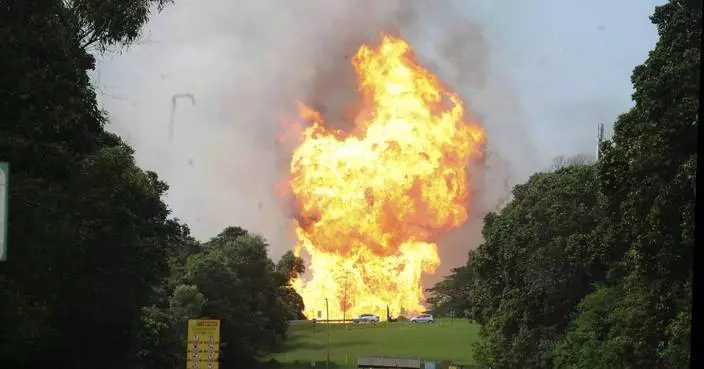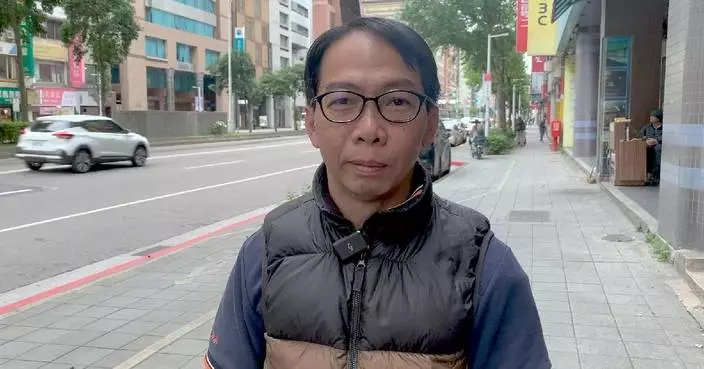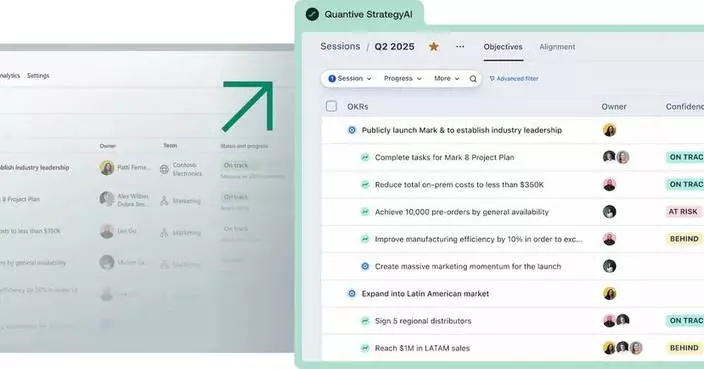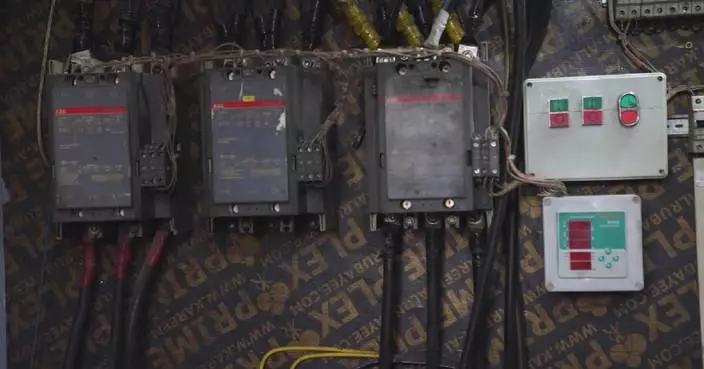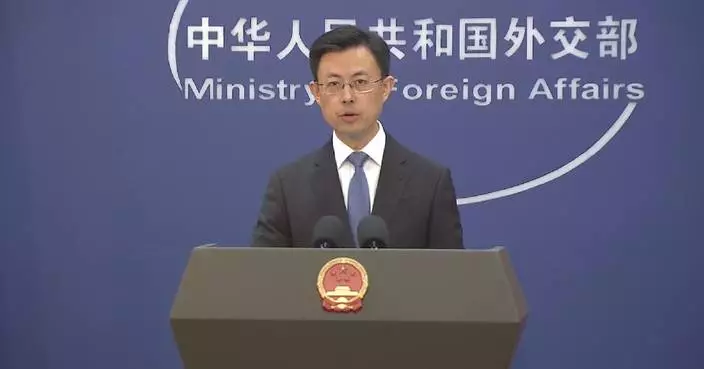People injured in Friday's 7.7-magnitude earthquake have been left to receive medical treatment in open air at a local hospital in Myanmar's capital city Nay Pyi Taw, after the disaster damaged the buildings and made the facility unsafe to take patients inside.
For safety reasons, medical staff at the major general hospital moved the wards outdoors, and two large medical vehicles were deployed to treat those injured in the earthquake and other critically ill patients, according to China Media Group (CMG) reporters who visited the hospital on Sunday.
The 7.7-magnitude earthquake had claimed 1,700 lives, injured 3,400 people, and left some 300 others missing as of 14:00 Sunday local time, according to Myanmar's Information Team of the State Administration Council.
The earthquake hit the southeast Asian country at around 12:50 local time (06:20 GMT) on Friday, with Mandalay, Bago, Magway, the northeastern Shan state, Sagaing, and Nay Pyi Taw among the hardest-hit regions.
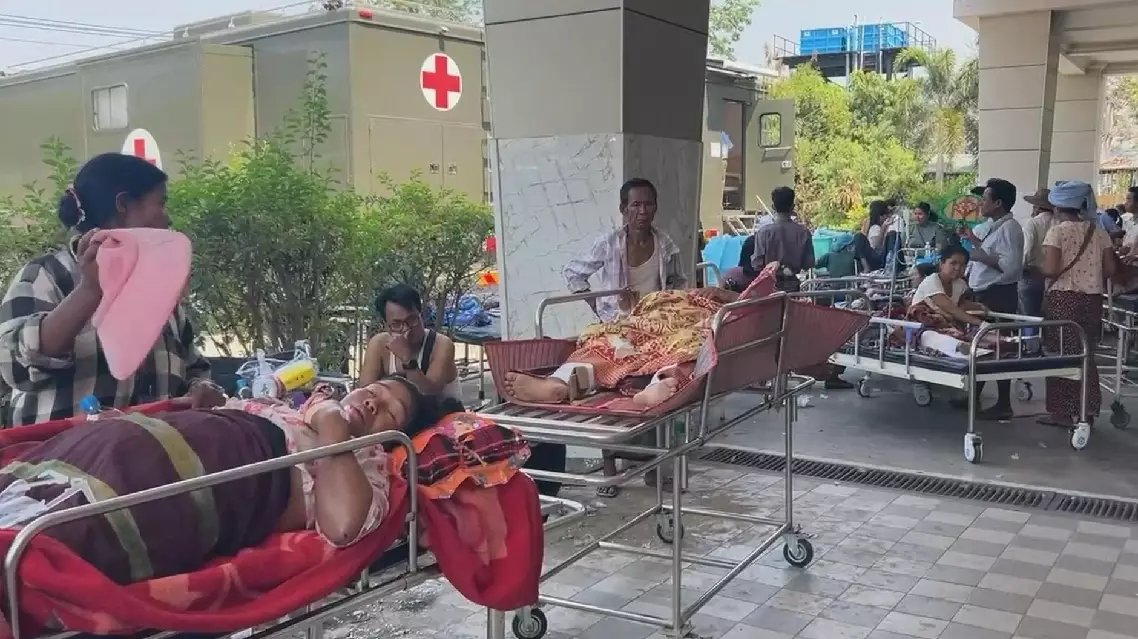
People injured in earthquake receive medical care in open air
Los Angeles is grappling with rising costs and delays in its wildfire recovery process, as tariffs on construction materials imposed during the Trump administration compound the challenges.
The devastating wildfires recently destroyed over 17,000 homes and businesses, leaving communities urgently pushing forward with reconstruction.
The Trump administration has recently rolled out new tariffs on a wide range of construction materials, including steel and aluminum, from the main trading partners of the United States, such as Canada, Mexico, and China. This has significantly driven up costs, further complicating the recovery efforts
"As the city and county of Los Angeles move aggressively to rebuild the wildfire areas in Malibu, Pacific Palisades, and up in Altadena, to build those houses, we need softwood lumber, aluminum, and steel from Canada," said Gene Soroka, executive director of Port of Los Angeles.
While the tariffs aim to boost domestic production, the transition will take time. In the interim, the shortage of materials is creating ripple effects across the construction sector.
"We are still handling a lot of imported steel, despite the tariffs because there's not enough American manufacturing of steel right now. So, one of the unintended consequences that this has done the wrong way is you don't have enough steel. That impacts construction, that impacts economic growth across the board," said Weston Labar, chief strategy office of Waterfront Logistics.
According to the Associated General Contractors of America, housing costs could skyrocket by almost 50 percent, widening the gap between insurance payouts and actual rebuilding expenses. It may force many homeowners to delay or even abandon their reconstruction plans, prolonging the housing shortage in Los Angeles.
Tariffs are also driving up prices for other products, impacting recovery efforts.
"We need appliances from Mexico, furniture from China, and all of those prices are going up, whether anticipatory, or real as these imports are coming across our port complex. So, we've got to have some pretty detailed discussions about this because families who want to rebuild, businesses who want to get back into the office are going to be impacted by these tariffs one way or another," said Soroka.
As Los Angeles strives to recover, the economic uncertainty caused by tariffs presents a formidable obstacle.
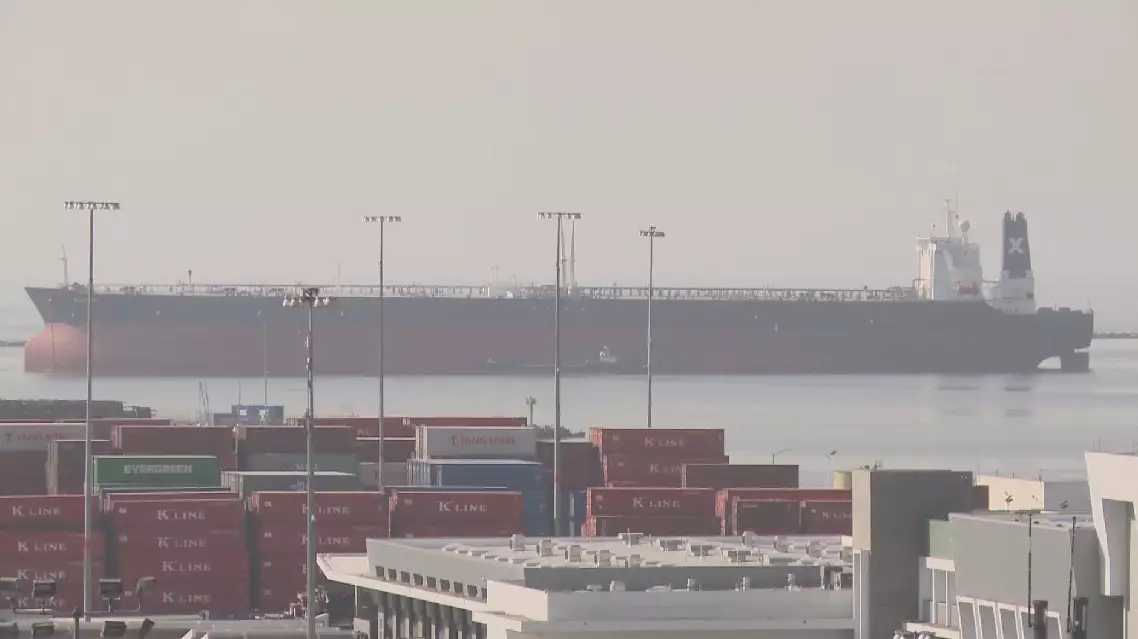
Tariffs add strain to Los Angeles wildfire recovery efforts



